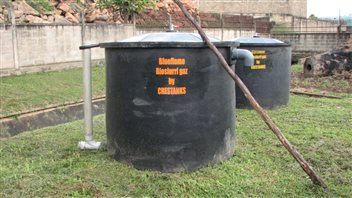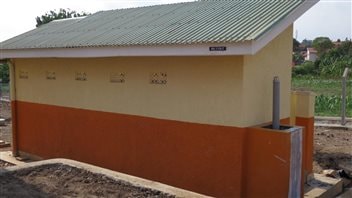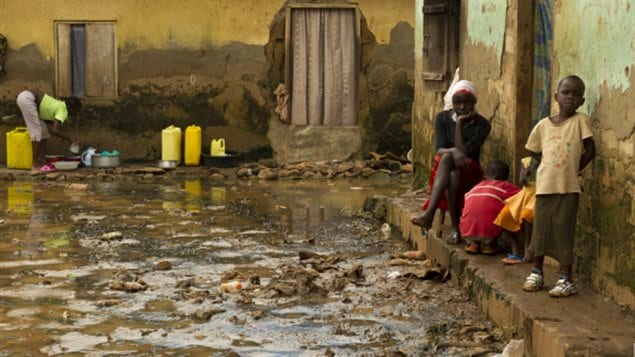Human waste can cause misery and poverty but it can also generate fuel, and a project partly funded by Canada is developing the technology to do that on a small scale. A report from the UN University’s Institute for Water, Environment and Health says that biogas from human waste could generate electricity for up to 138 million households.

Waste could generate great quantities of fuel
An estimated one billion people in the world defecate in the open. If the waste they generate were transformed it could generate fuel worth $200 million, says the report. To achieve this, waste is collected in air-tight containers and bacteria are introduced. Their action generates methane which burns like propane and can be used for heat or light.
The technology has been around for years, but researchers in Canada have been developing a simplified, smaller version that could be used by schools, prisons or small communities.
‘Preventing the spread of diseases’
“What we’re trying to do with this project is to improve sanitation in developing countries,” says Chris Metcalf, an assistant director at the institute and a professor at Trent University in Canada.
Listen“By providing a clean and safe place for people to go to the bathroom, basically you’re preventing the spread of diseases that would be spread with the fecal material.
And also you’re protecting the environment because you’re able to prevent that waste from going into surface water or maybe percolating into ground water. So that’s a good thing.”

A money-making endeavour
A small pilot project was set up in Uganda to collect waste and turn it into fuel. It proved that the investment to build it could be recouped in two years by selling the fuel. Now, researchers want to build a larger pilot project at a school. If successful, it would be used as a model to incite investors to create similar projects elsewhere.
‘Positive response’
“We’ve had a good deal of positive response,” says Metcalf. “The government of Uganda, where we did the initial study is behind it and we have an agency within the government that wants to work with us to implement the project. So, we’re quite encouraged by the response that we’ve had.”







For reasons beyond our control, and for an undetermined period of time, our comment section is now closed. However, our social networks remain open to your contributions.